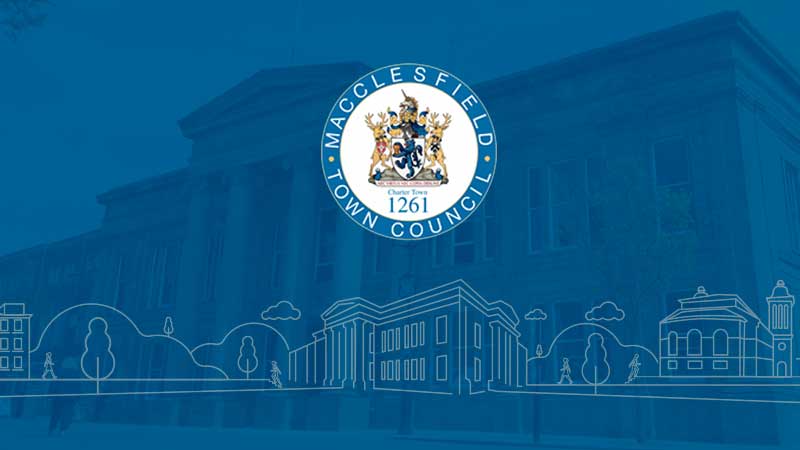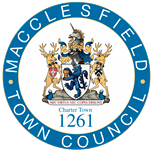
How is the Town Council funded?
The precept is the Town Council’s share of Council Tax required to meet their budgeting requirements to invest in the community.
Macclesfield Town Council must budget, forecast, set and approve their required precept for the following financial year, to be received by Cheshire East Council by 1st March.
The Precept is a tax that the Town Council’s charge local residents to meet the budgetary requirements. Town Councils do not receive any direct funding from central government and rely on the Precept, plus any other income they generate from services or facilities they provide.
The Town Council Precept is part of the Council Tax and is collected from local electors via their Council Tax payments, it requests this funding from Cheshire East Council. The Town Council is required (in law) to agree a budget before it can set its Precept.
How is it Calculated?
The Precept requirement is the difference between the Parish Council’s estimated income and its anticipated spending requirements for the financial year (its budget). The financial year runs from 1st April to 31st March. The Town Council has to agree a budget before it can set its Precept.
When calculating the Precept, the Parish Council takes into consideration current year’s spending levels and the services it provides for example:
- Improving parks and plays areas
- Town centre events
- Town Ranger services
- Grants programme
- provision for contingencies and reserves
- levels of anticipated income – from services for which it is responsible e.g. allotment fees and grants
Once a Precept has been approved by the Town Council, they inform the higher charging authority (CEC) and it is then added to residents Council Tax bills.
Tax base and Band D equivalent.
Part of the Precept Calculation is the ‘Band D equivalent’. Band D is the middle band of Council Tax and is supposed to represent the amount of Council Tax paid on an average property in the area. The Band D equivalent provides a measure which allows precepts among councils of different sizes to be compared. The estimated number of Band D equivalent properties in the tax base is notified to the Parish Council prior to the Precept setting exercise. The required Precept is divided by the number of houses in the tax base to get the Band D equivalent.
Comparisons to other Councils
2023-24 precept amounts per year for Band D households for different Town/Parish Councils
| Council | Band D |
| Alderley Edge | £68.88 |
| Alsager | £98.31 |
| Bollington | £78.44 |
| Congleton | £96.37 |
| Crewe | £87.95 |
| Henbury | £62.48 |
| Holmes Chapel | £86.80 |
| Knutsford | £97.29 |
| Macclesfield | £52.06 |
| Nantwich | £145.29 |
| Sandbach | £82.69 |
